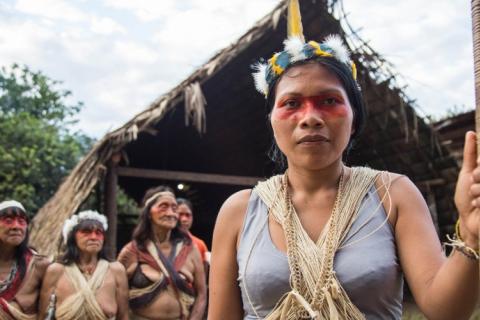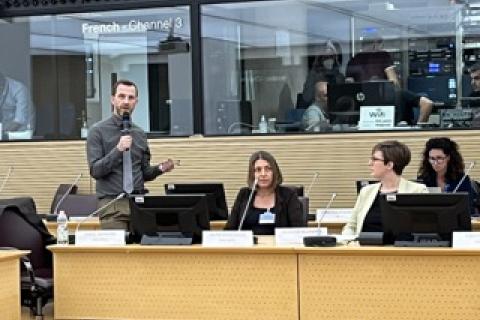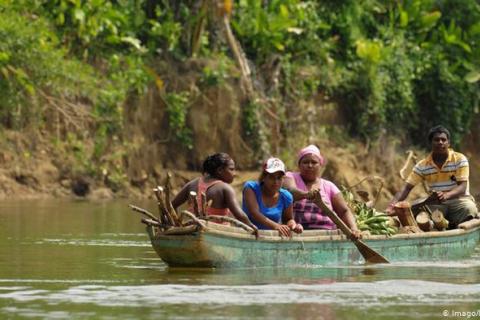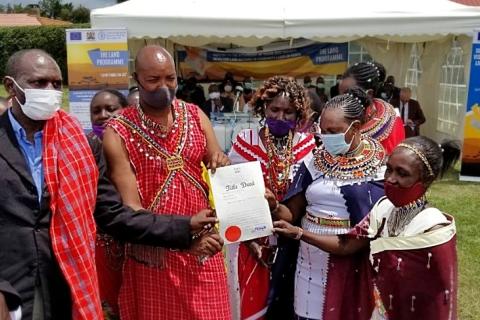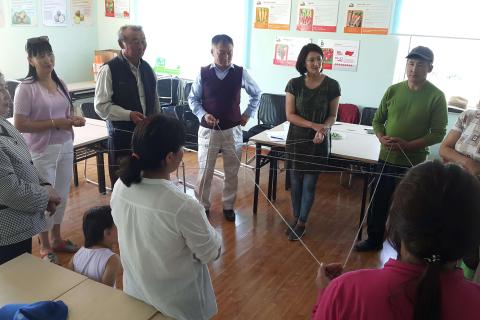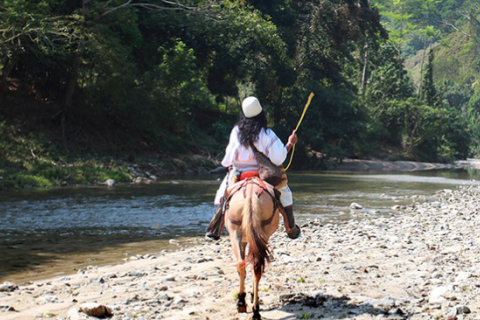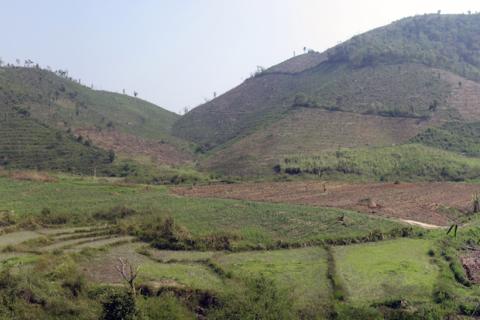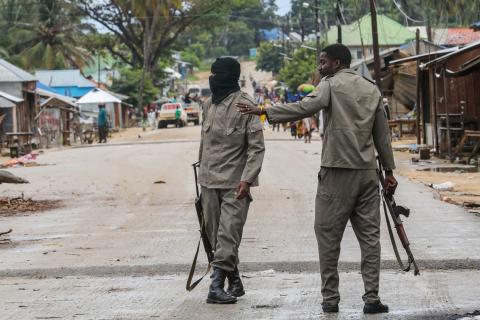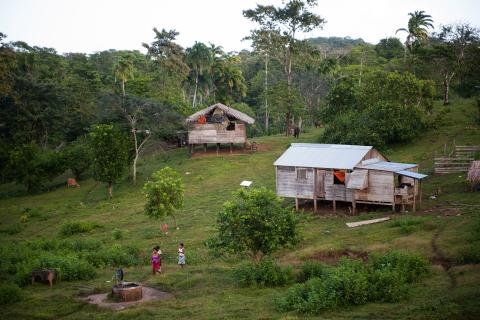Reflexiones sobre el monitoreo, evidencias y datos: 10º Aniversario de las DVGT
La semana pasada tuve el honor de moderar un panel sobre "Monitoreo, evidencias y datos" para Land Portal durante el evento del 10º aniversario de las DVGT. La intención era inspirarse en una historia de datos publicada recientemente en la que se cuestionaba el suministro de datos y el monitoreo para medir los impactos de las Directrices voluntarias en los últimos 10 años. Sin embargo, el tema ya era muy visible y acaparó mucha atención durante el primer día del evento.
Recuento del seminario web: la pandemia, el malestar social y la guerra resuenan en el Amazonas
Líderes indígenas y locales de Perú, Colombia, Ecuador y Brasil debatieron sobre cómo los recientes acontecimientos mundiales han aumentado la presión sobre los recursos naturales en sus territorios, afectando sus vidas y su relación con la tierra.
APIAN - Masacre pueblo Mayangna
Musul – The 2nd community in Kenya to secure their land rights, the 1st to do so using legal empowerment
The Maasai community of Musul have lived on the same land in Laikipia county for generations. It is their source of food and water, the heart of their culture and beliefs, and their ancestral home. But until recently, their legal rights to govern it were tenuous.
To secure equal rights to land, bring men and women together
There is an underlying tension in the land rights movement that is rarely addressed head on, which is the perception that securing women’s land rights threatens community land rights. Community land rights are typically held by indigenous people, small-scale and subsistence farmers, pastoralists, herders and many other groups who are directly dependent on land for their livelihoods but whose land tenure is often the most precarious.
RECONOCER A LOS VERDADEROS GUARDIANES DE LOS BOSQUES: ENTREVISTA A DAVID KAIMOWITZ
Texto: Rhett A. Butler Traducido por: Mabel Pedemonte
- David Kaimowitz describe su carrera como “treinta años de búsqueda para entender qué provoca la deforestación”, lo que lo trajo al punto de partida: el tema de los derechos sobre las tierras.
Boletín de Perspectivas País - Mayo 2021
La tenencia consuetudinaria se encuentra con las inversiones agrícolas responsables
Boletín de Perspectivas País N.1 / Mayo 2021

